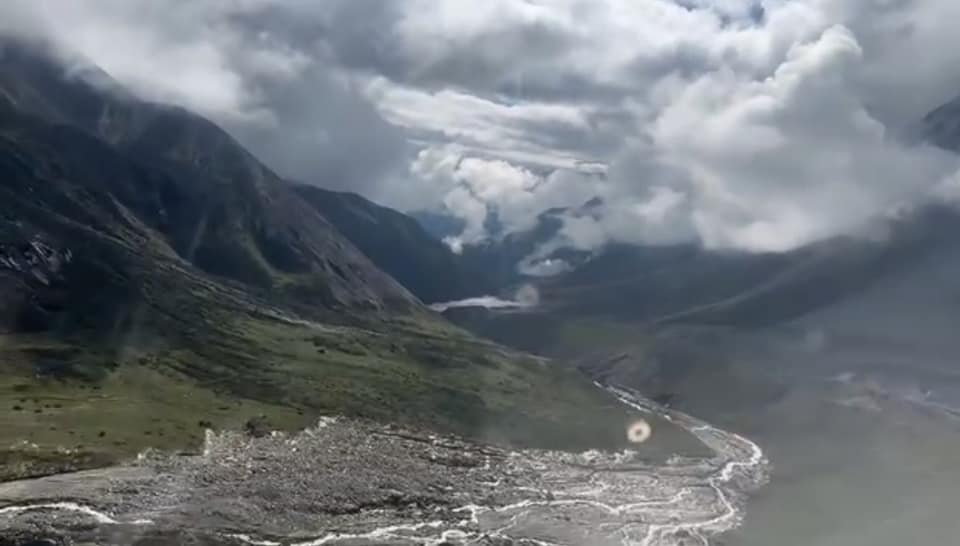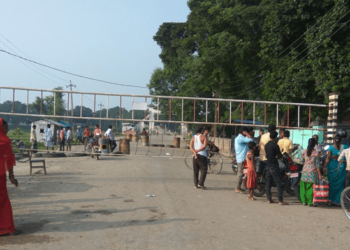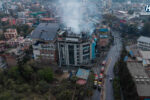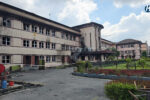KATHMANDU: The risk of glacial lake outburst floods (GLOFs) continues to threaten the Thame region of Solukhumbu, a recent study has revealed. The report highlights the persistent climate-induced hazards in the Thamekhola watershed and urges immediate mitigation efforts.
Dinesh Prasad Bhatta, Chief Executive of the National Disaster Risk Reduction and Management Authority, highlighted the need for in-depth risk assessments and proactive disaster preparedness.
“We must learn from past events and develop coordinated strategies to minimize future damage,” he said, adding that settlement protection should be a priority.
Joint Secretary of the Authority, Arjun Kumar Bam, echoed similar concerns, stressing the importance of an early warning system to mitigate risks. He assured that private housing reconstruction in affected areas would not be neglected and that disaster preparedness measures would be prioritized.
Local authorities have also called for timely action. Khumbu Pasang Lhamu Rural Municipality Chair Mingma Chiri Sherpa urged the federal government to expedite the reconstruction of damaged infrastructure and improve risk management plans.
“Justice delayed is justice denied,” he stated, advocating for better coordination between local, provincial, and federal governments.
Experts believe that scientific monitoring, engineering interventions, and community awareness are essential to reducing disaster risks. Sudan Bikram Maharjan, a geologist at ICIMOD and a member of the study team, warned that several glacial lakes in Thame remain vulnerable to catastrophic flooding.
Climate expert Keshav Sharma suggested implementing both structural and non-structural mitigation measures, including riverbank protection, water management strategies, and improved emergency response plans. He also recommended setting up hydrological and meteorological stations for better monitoring and forecasting.
With increasing glacial melt due to climate change, experts stress that Thame and other high-risk areas require immediate and sustained intervention to prevent further disasters.









Comment